Raising awareness for inclusion in the outdoors
When we learn that there’s an opportunity to improve our community, what is our obligation to act?
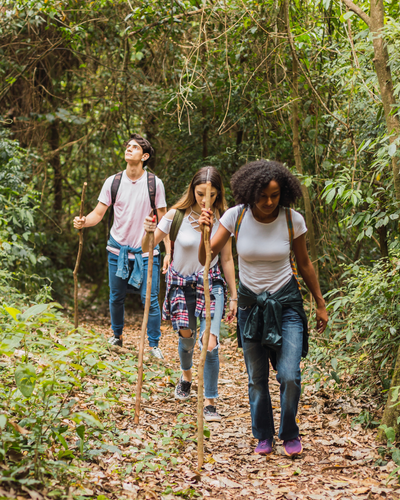 For the past six months, I’ve been learning and gathering input about how folks in the Fox Cities feel about the outdoors through interviews, focus groups, and a survey. I’m now convinced that the Fox Cities have a great opportunity to fully include their BIPOC (Black, Indigenous, People of Color) and LGBTQ+ members in our outdoor spaces.
For the past six months, I’ve been learning and gathering input about how folks in the Fox Cities feel about the outdoors through interviews, focus groups, and a survey. I’m now convinced that the Fox Cities have a great opportunity to fully include their BIPOC (Black, Indigenous, People of Color) and LGBTQ+ members in our outdoor spaces.
At a time when the area’s BIPOC population is growing and more and more people are coming out as queer and transgender, we need to recognize that those members make up a large portion of our neighbors. Unfortunately, many of them don’t enjoy our public outdoor spaces as easily or as much as they would like to. As I wrote in May, the reasons are as diverse as our population. Many cite frustration with being treated as if they don’t belong and fears for personal safety. These are not abstract concerns: just in the last year, we’ve seen crimes against Black and queer people in our area that have put these communities on edge.
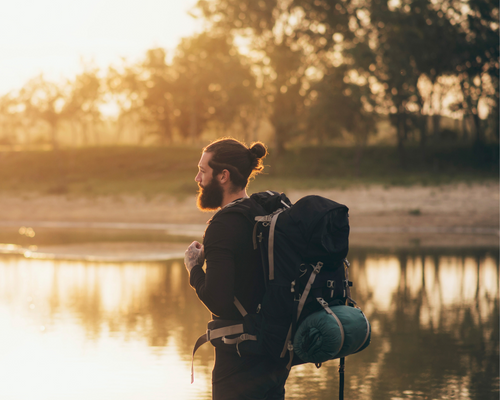
Some of the most heartbreaking things I’ve heard are from our children, like a queer youth of color who said in a focus group, “Sometimes in parks… people are looking at me… and like give me weird stares and they’ll come up and talk to me like ‘Hey, this isn’t your country’ and I’m like ‘that isn’t your thing to decide’” or a Black youth who said, “People just call me ‘monkey’ all the time. I really got used to it, but I’m not supposed to.”
In my survey, which was publicly available and received 113 local responses, I asked respondents if they felt that people were equally welcomed in outdoor spaces or not:
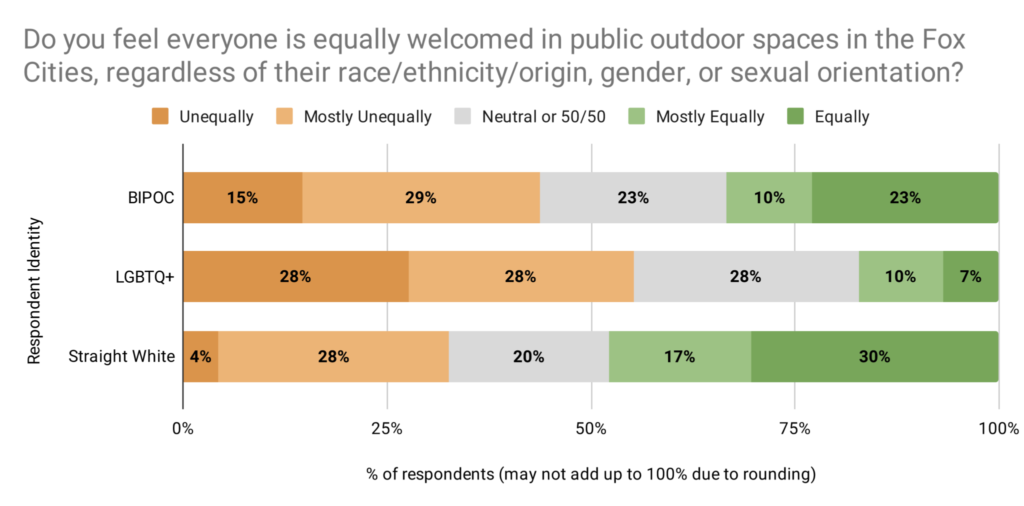
While 47% of straight white respondents said at least “mostly equally,” only 33% of BIPOC respondents and a mere 17% of LGBTQ+ respondents agreed. We can’t extrapolate these data to the broader population due to the design of the survey, but these numbers are still concerning, both for the low percentage of people feeling all are equally welcomed and also for the disparities between the groups.
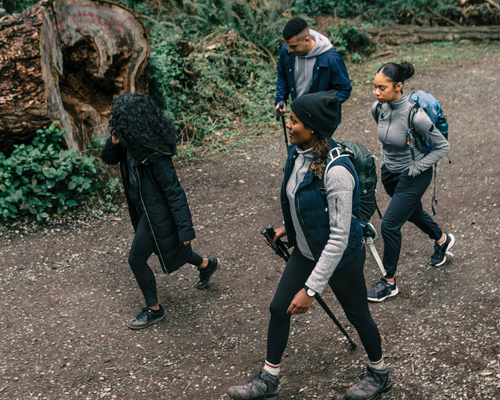 Our opportunity is to lower barriers and create a Fox Cities region where 100% of people feel equally welcomed in our outdoor spaces. We must take action to achieve that goal; doing so will improve the health and wellbeing of members of marginalized groups, increase engagement with our local institutions, foster support for conservation and sustainability causes, and bring our community closer together.
Our opportunity is to lower barriers and create a Fox Cities region where 100% of people feel equally welcomed in our outdoor spaces. We must take action to achieve that goal; doing so will improve the health and wellbeing of members of marginalized groups, increase engagement with our local institutions, foster support for conservation and sustainability causes, and bring our community closer together.
Here are recommendations for reducing barriers people face to enjoying the outdoors, including some from Dudley Edmondson:
- Be proactive about inclusion: governments and outdoor organizations should reach out to diverse affinity groups and communities to listen and find opportunities for partnership
- Consistently reinforce a climate of inclusion through condemnation of hate and displays of solidarity with marginalized groups
- Celebrate marginalized cultures and histories, including those of local Indigenous peoples, in monuments, facility design, school curricula, media and events
- Teach about nature in the schools and include parents in nature programming—rather than just children
- Integrate Spanish into programming, signage, and promotional materials and reach out to the Hispanic community
- Invite BIPOC and LGBTQ+ folks to serve on the boards of environmental and conservation organizations
- Foster outdoor programming for and by marginalized groups, where all or the majority of organizers and participants are members of a specific group
- Make gender-neutral bathrooms available at all facilities
- Have greenspaces a reasonable distance to people no matter where they live
- Make used gear for camping, rock climbing, fishing, etc. available for people to own or borrow through “gear banks.”
We also need to continue the Inclusion in the Outdoors effort and broaden its scope to include the full spectrum of marginalized people, including low-income people and those with mental and physical disabilities.
If you are interested in these efforts, please join us by filling out this form and please come to my event on August 23rd to hear more about what I’ve learned these past six months, listen to five brilliant panelists share what outdoor inclusion means to them, and maybe find your role in moving the Fox Cities towards a more inclusive future.
No inclusion initiative can erase the trauma of hateful attacks or the long history of exclusion that has led up to this moment, but we can seize the opportunity to build on the progress of past decades and make sure that our communities live up to their full potential.
Inclusion in the Outdoors Event info:
Tuesday, August 23rd
2:15–4:00 p.m.
Gordon Bubolz Nature Preserve
Panelists:
- Israel Del Toro, Ph.D., Assistant Professor of Biology, Lawrence University; City of Appleton Alderperson
- Kristen Gondek, Project Coordinator & Director, People of Progression
- Christopher Kilgour, Founder, Color in the Outdoors
- Vered Meltzer, Rainbow Over Wisconsin Board Member; City of Appleton Alderperson
- Pa Lee Moua, Ph.D., Diversity, Equity, and Inclusion Officer, Appleton Area School District
Register here for this event and others in Imagine Fox Cities’ Strive to Thrive Week. A livestream of the event and more info will be available here.
The Inclusion in the Outdoors Initiative is supported by a $6,700 grant from the Bright Idea Fund within the Community Foundation. We’re featuring a series of articles from local authors celebrating our diversity in the Fox Valley. Kyle Armstrong is an AmeriCorps member and former Fulbright Taiwan grantee from Neenah. More information about the Inclusion in the Outdoors initiative is available here.
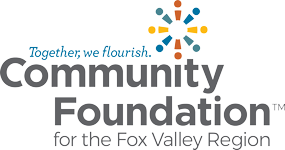
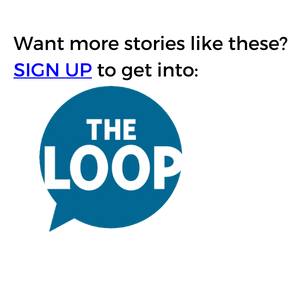
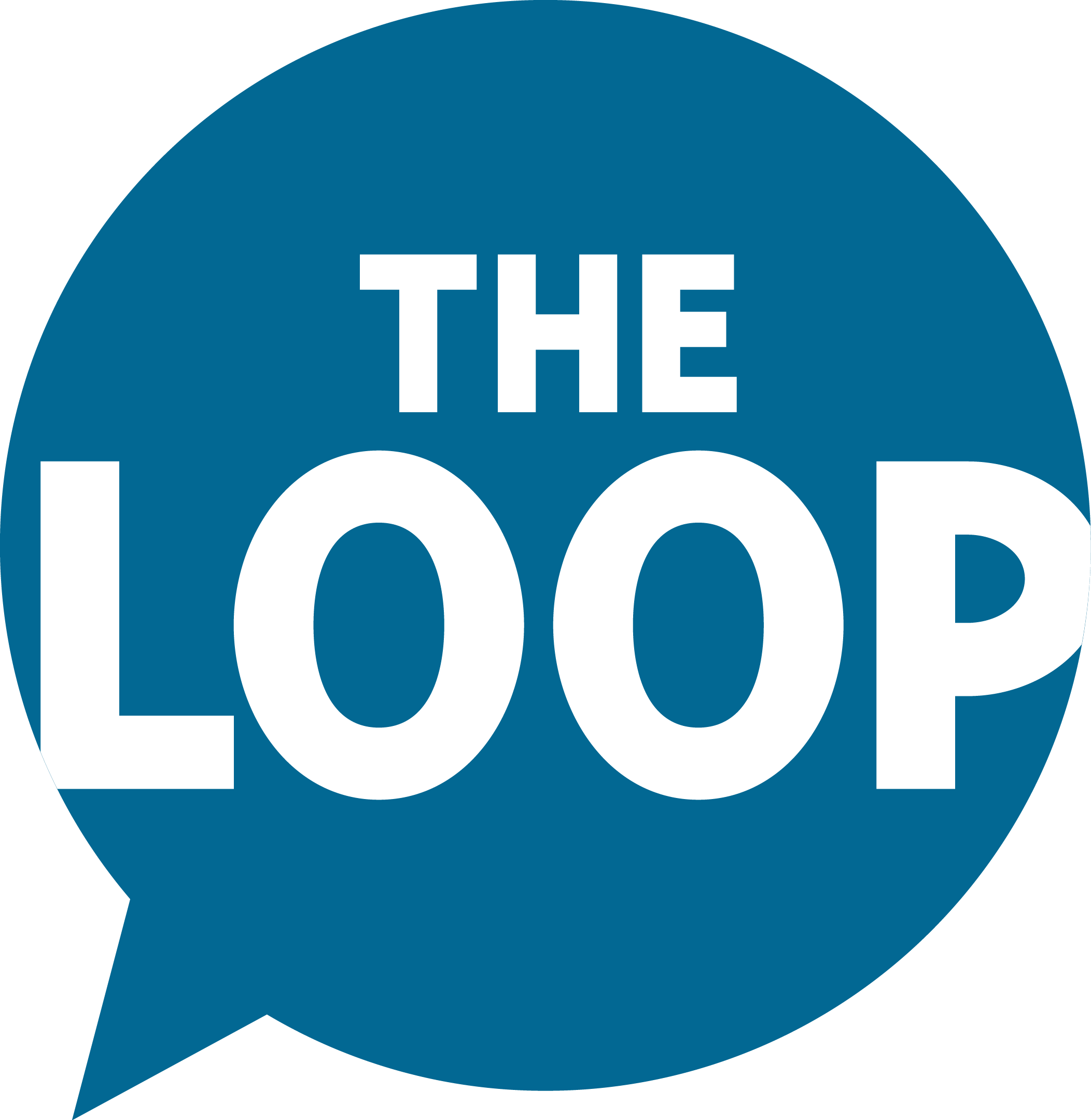
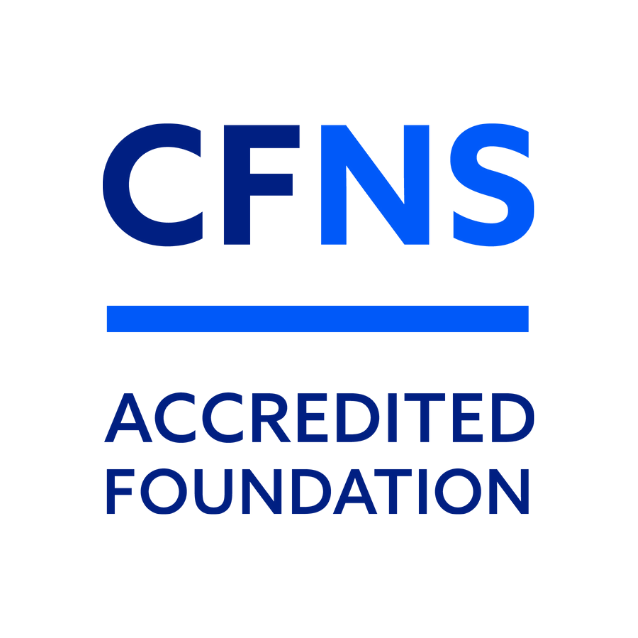
Leave a Comment